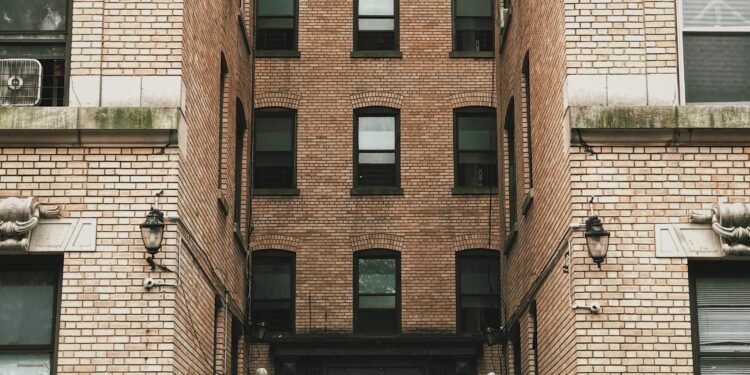On Thursday, June 27th, reports from the Citizens Budget Commission (CBC) highlighted the severe economic consequences of New York City’s housing shortage. The CBC report estimates that the city loses nearly $2 billion annually in potential tax revenue due to the scarcity of affordable housing, which drives residents out of the city and traps others in unsuitable homes.
The CBC analysis underscores three main issues caused by the housing shortage: escalating rents and sale prices, revenue-depleting outmigration, and broader economic ramifications for both the city and the nation.
Addressing this shortage by constructing hundreds of thousands of new homes could significantly boost the city’s tax revenue and improve residents’ quality of life.
Sean Campion, the report’s author, emphasized, “Housing scarcity is bad for New Yorkers, it’s bad for the economy, and it’s bad for the city’s fiscal health.” He highlighted that only 1.4% of apartments were vacant and available for rent last year, with even lower availability for affordable housing options. Less than 1% of apartments priced below $2,400 per month were vacant, and for those under $1,100, the vacancy rate was just 0.4%.
The CBC report also noted that New York City needs over 500,000 new homes to meet current demand and accommodate future population growth. The Regional Plan Association estimates that such an increase could boost the metropolitan area’s gross regional product by approximately $651 billion over the next decade, driving the annual tax revenue gains.
The housing shortage also contributes to significant outmigration, with New York City losing $259 million in income tax revenue and another $50 million in sales taxes in 2022 alone. This outflow of residents, particularly those in their prime working ages, exacerbates the city’s financial challenges by reducing the tax base.
The housing crisis traps many New Yorkers in homes that do not meet their needs. According to Campion, rent regulations that limit increases encourage people to stay put, contributing to lower mobility rates. He noted, “People tend to stay longer in apartments that may be too big for them because they have nowhere else to go. They can’t afford to move.”
Addressing the housing shortage requires a multi-faceted approach, including changing land use restrictions in low-density neighborhoods to allow for more significant development. Mayor Eric Adams’ “City of Yes” zoning reform plan aims to facilitate these changes, but substantial opposition from local communities and various stakeholders poses challenges.
Governor Kathy Hochul previously proposed measures to penalize municipalities that fail to build new housing but faced backlash from suburban towns and low-density city sections. Meanwhile, progressive lawmakers have suggested creating a new agency to construct and manage “social housing,” where rent is capped at 25% of tenants’ income.
Despite some positive measures in the latest state budget, such as property tax breaks for developers reserving units for middle-income tenants, more extensive reforms are necessary. Experts like Stewart Sterk, director of Cardozo Law School’s Center for Real Estate Law & Policy, argue for bolder actions to tackle the housing crisis. “The principal thing leading to higher housing costs is lack of supply,” Sterk stated. “The legislature is focusing on the small things it can control without making people upset. They need to put the city in a position where more housing can get built.”
The urgency to build more housing is clear. As the CBC report concluded, “The best time to build more was yesterday, but the next best time is now.”









